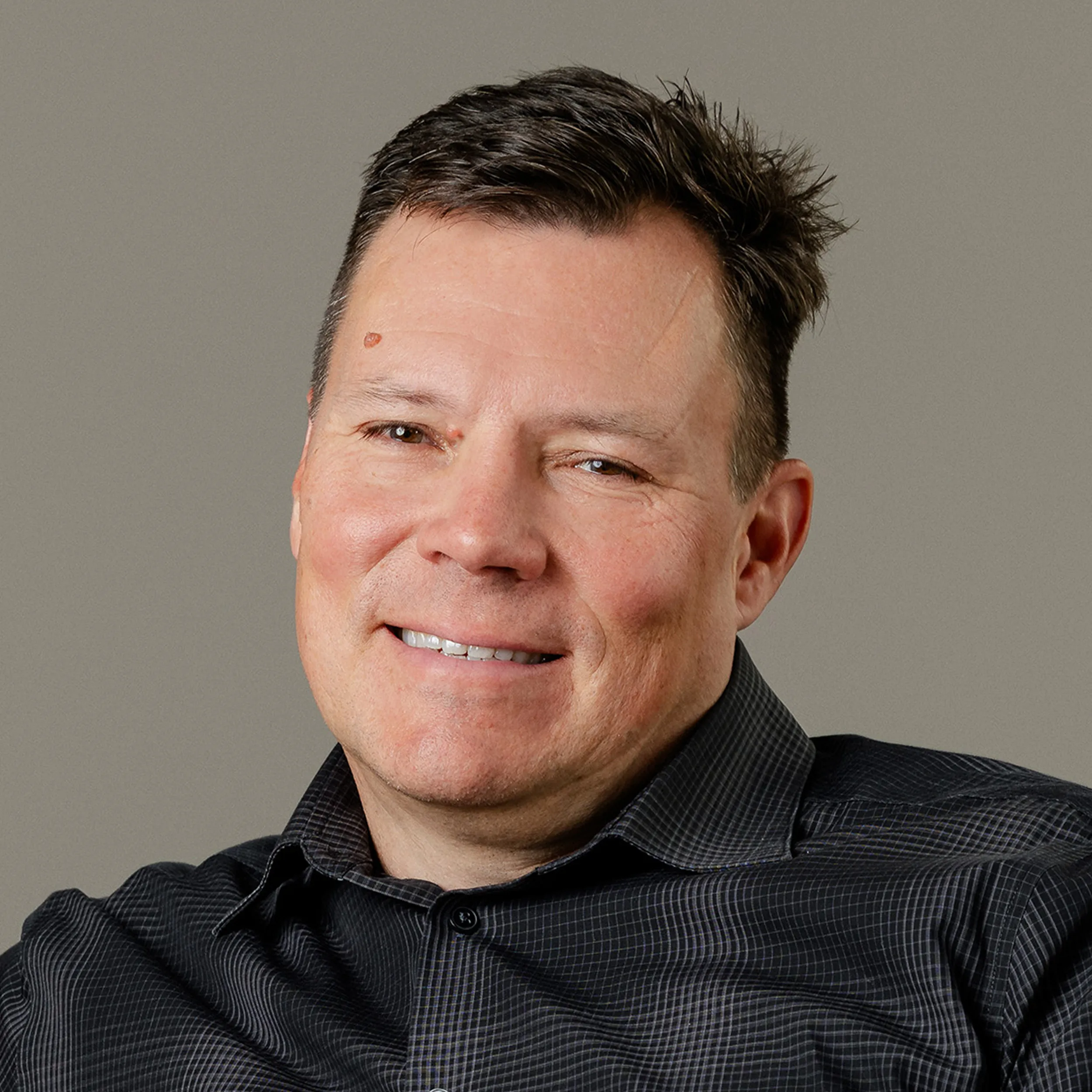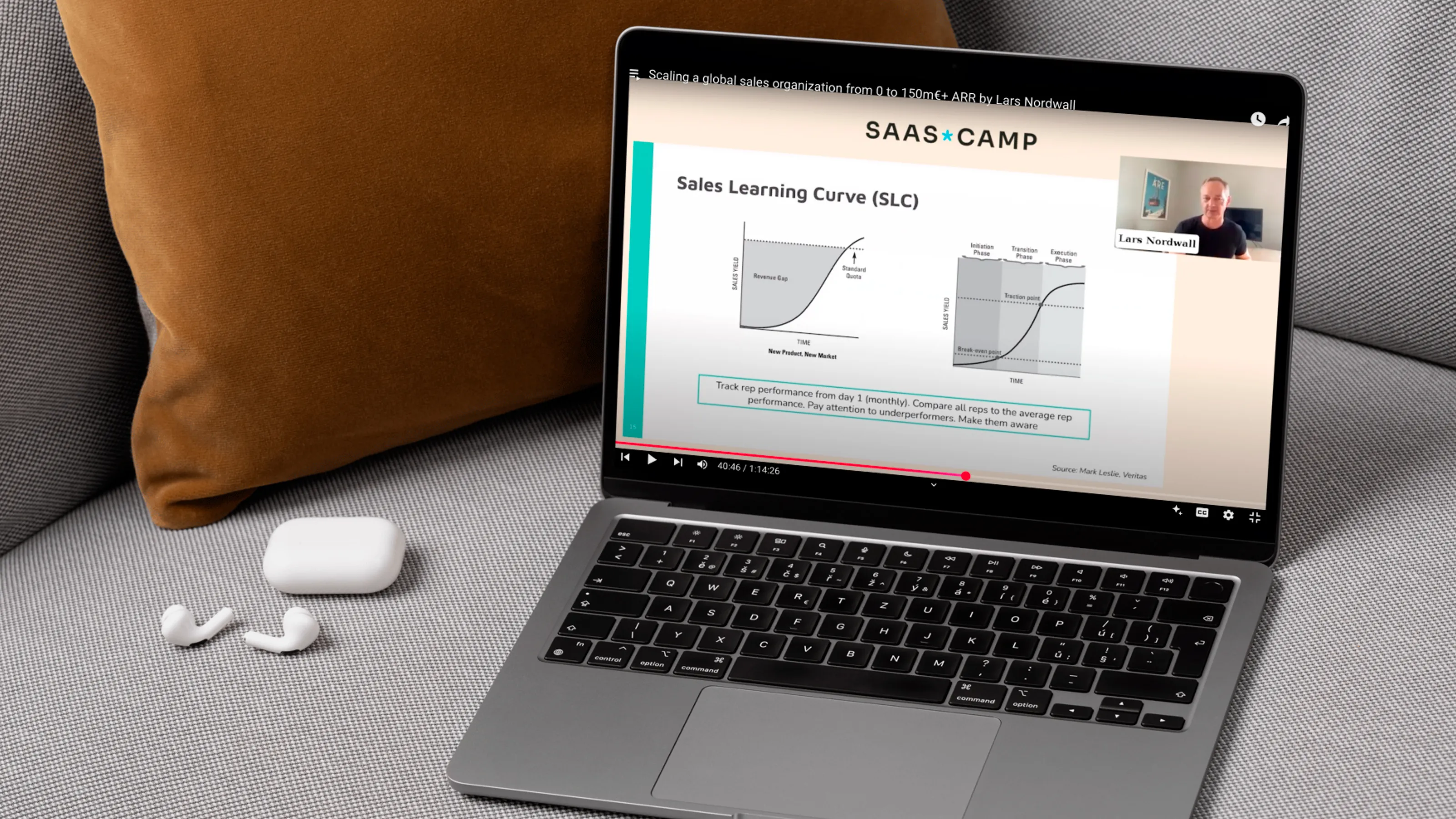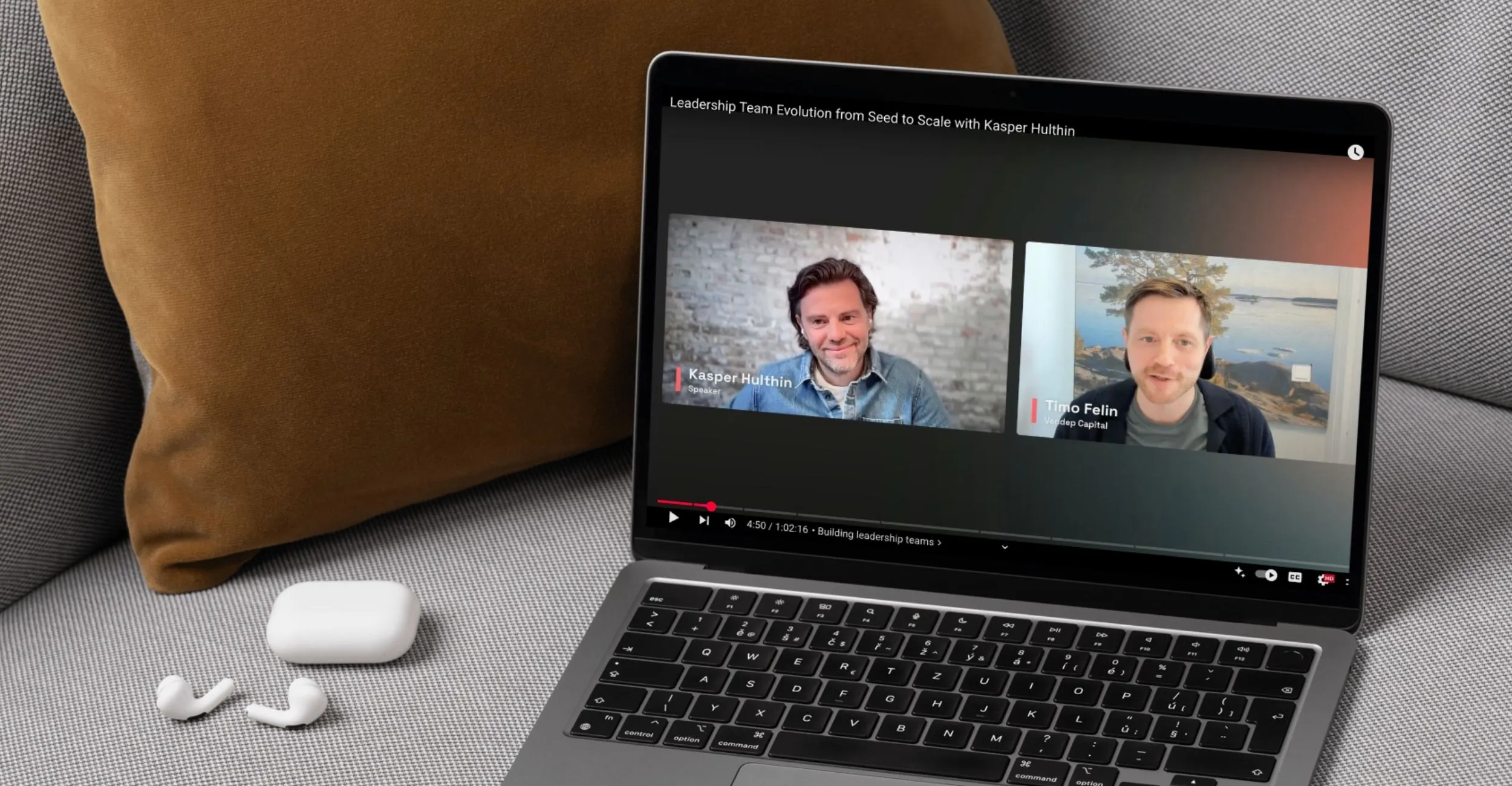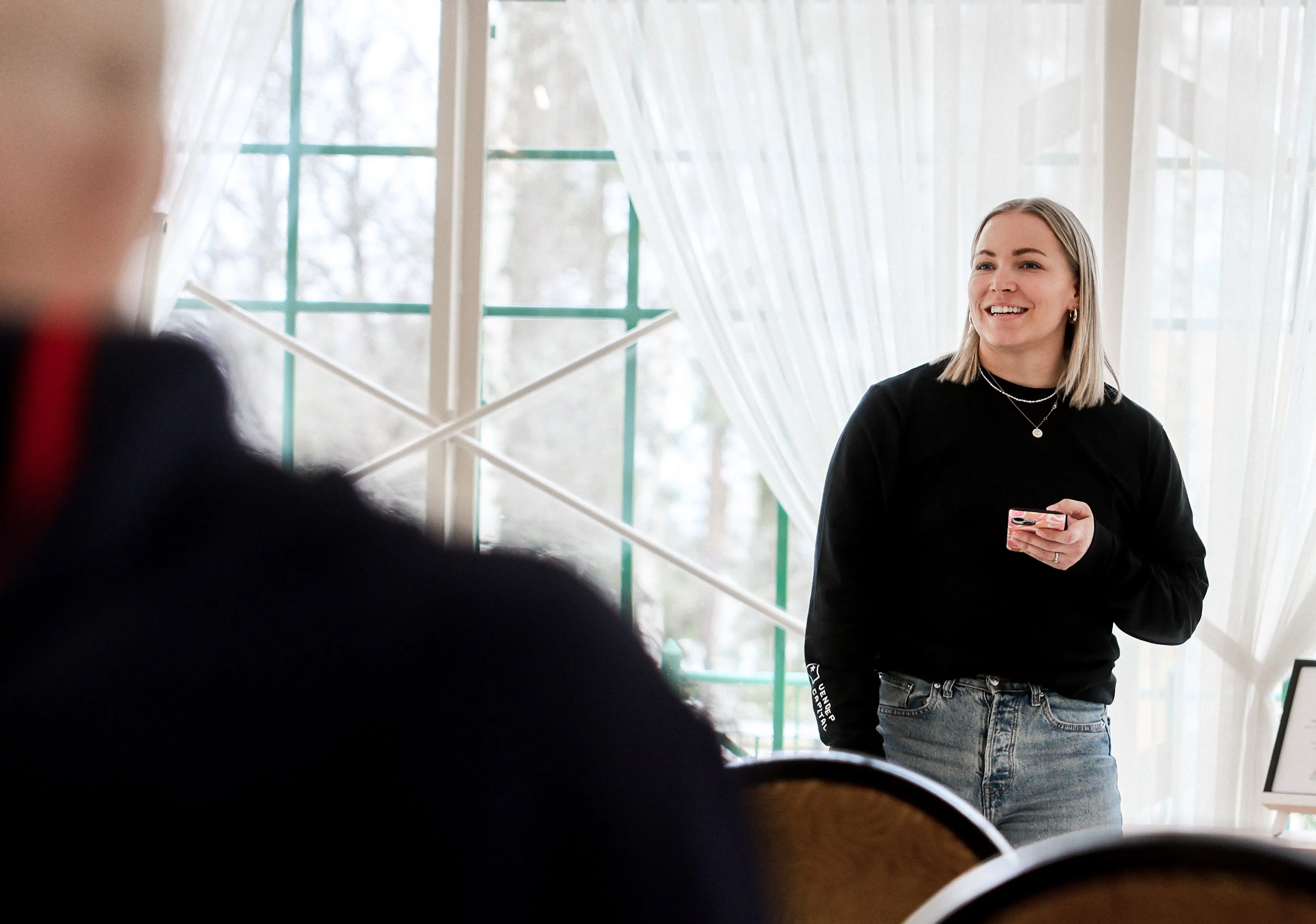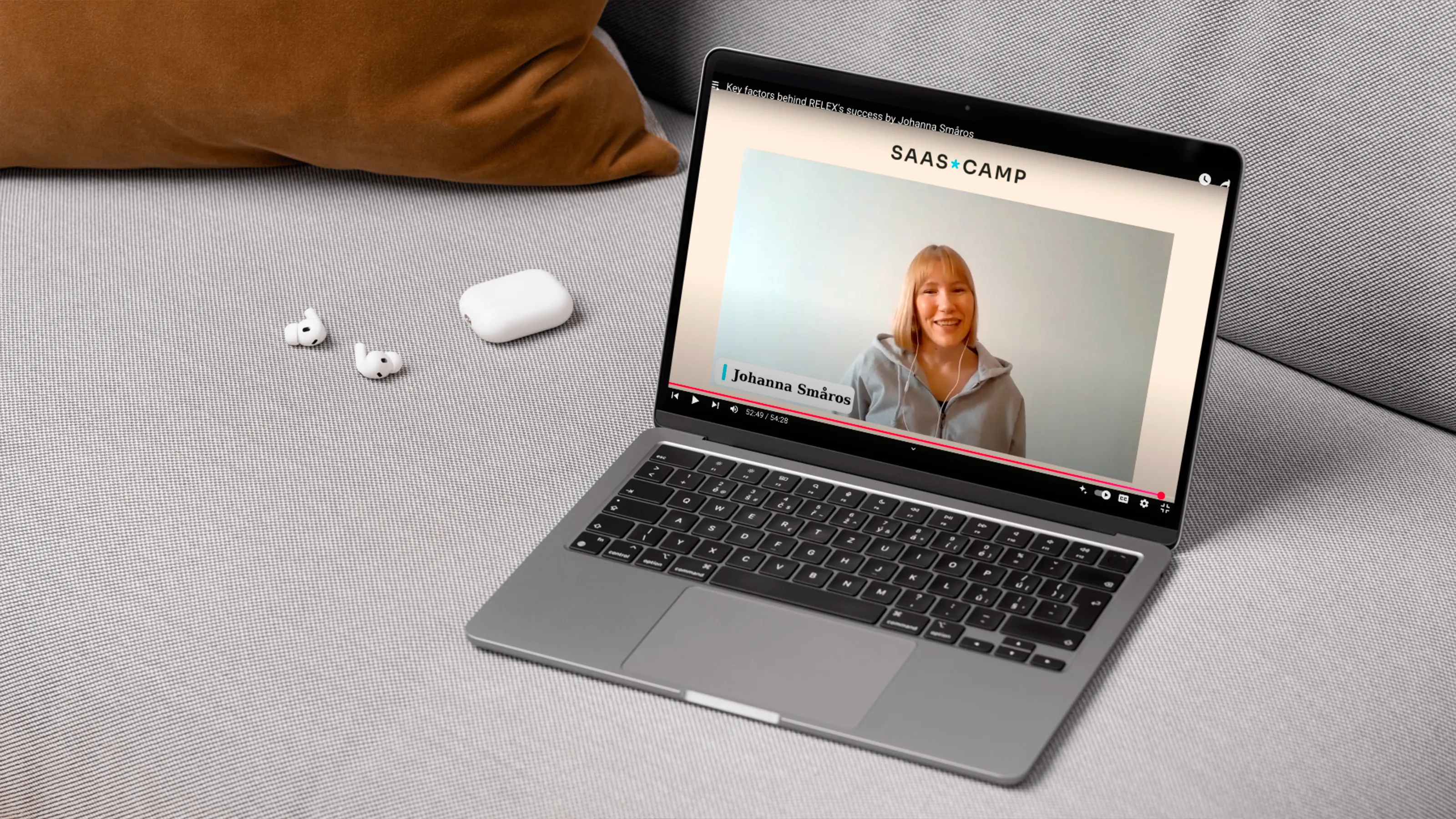Watch the recording:
Podcast version:
"This is like a full sales management training! Consult would run this for two days and charge like crazy!"
Lars Nordwall is the ex-President & COO of the graph database management company Neo4j. He has a strong background from Silicon Valley in leading software startups to success and he shares many of his learnings in this SaaS Camp session.
With decades of experience scaling tech companies from early traction to $100M+ ARR and beyond, Lars emphasizes building repeatable, capital-efficient sales engines over aggressive headcount or premature U.S. expansion.
Key takeaways from the session
1. Strategy instead of playbooks
Lars challenges the idea that European SaaS companies should copy Silicon Valley go-to-market strategies. With less funding and different market dynamics, European founders need to focus on what truly drives value for their customers. That means anchoring the product to a real market shift and aligning sales strategy accordingly.
2. From founder-led sales to a repeatable machine
Lars emphasizes the importance of founder-led sales in the early days. This phase helps define the ideal customer profile and sharpens the value proposition. The first sales hires should be smart, agile generalists who can adapt quickly, not just traditional account executives. Once there is some process maturity, the sales team can specialize. But everything starts with hands-on learning and close customer contact.
3. Building the sales engine
A key theme in Lars’s approach is tight alignment between product, sales, and marketing. Rather than treating them as separate functions, they should operate with a shared narrative and fast feedback loops.
Key elements of the engine:
- Focus on geographic territories rather than verticals in the early stages
- Run a consistent sales process across markets to build learning
- Use customer success as a metric across the business, not just in the CS team
4. Going global with intention
Lars has seen too many companies burn capital on rushed US expansions. His recommendation is to expand in concentric circles. Start by winning your home market, then move to culturally and operationally similar regions. Only after achieving repeatability should you enter more complex markets like the US.
Local hiring is a must. Successful expansion depends on teams that understand the language, buying behavior, and market context.
5. AI and the future of GTM:
Lars sees AI reshaping go-to-market operations, but not replacing the fundamentals. The real opportunity is in using AI to support execution and reduce friction, not to automate poor processes. Human creativity and customer understanding remain critical.
